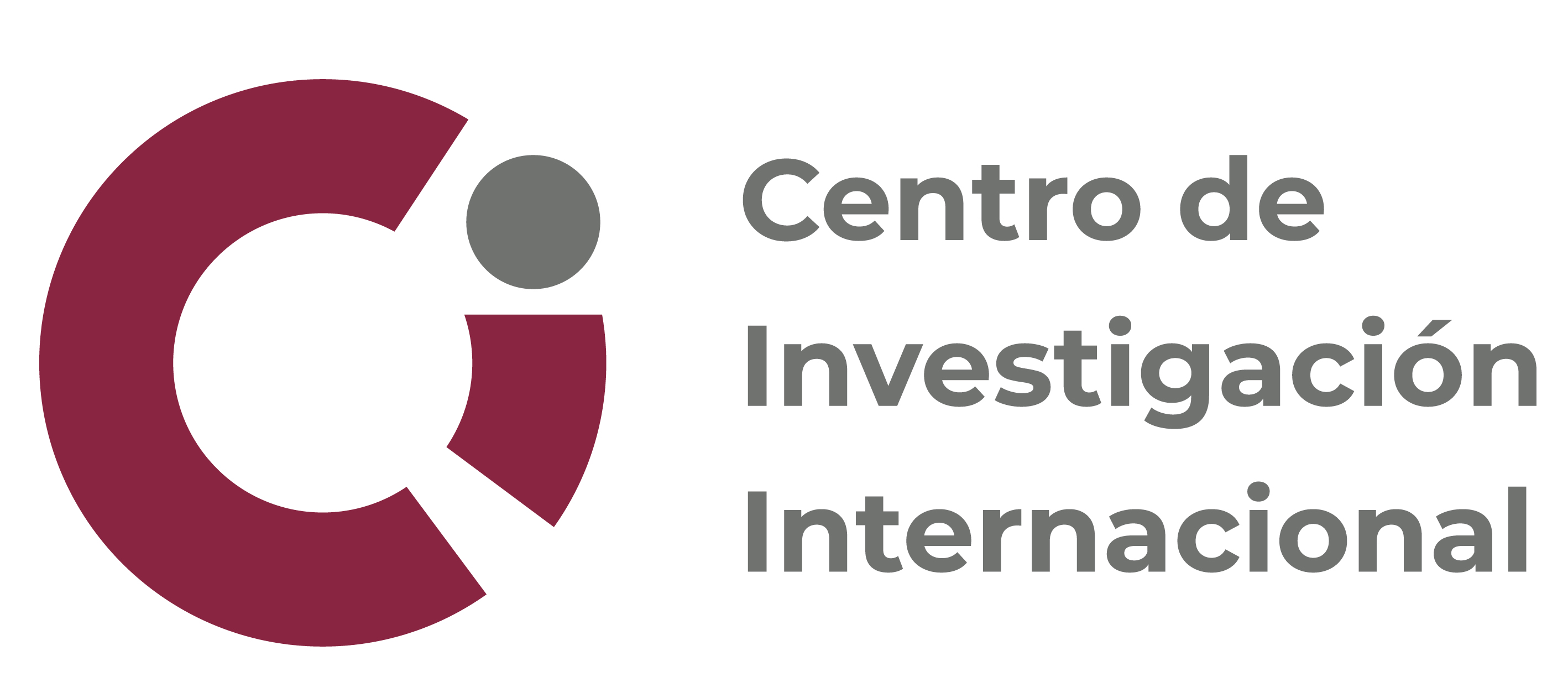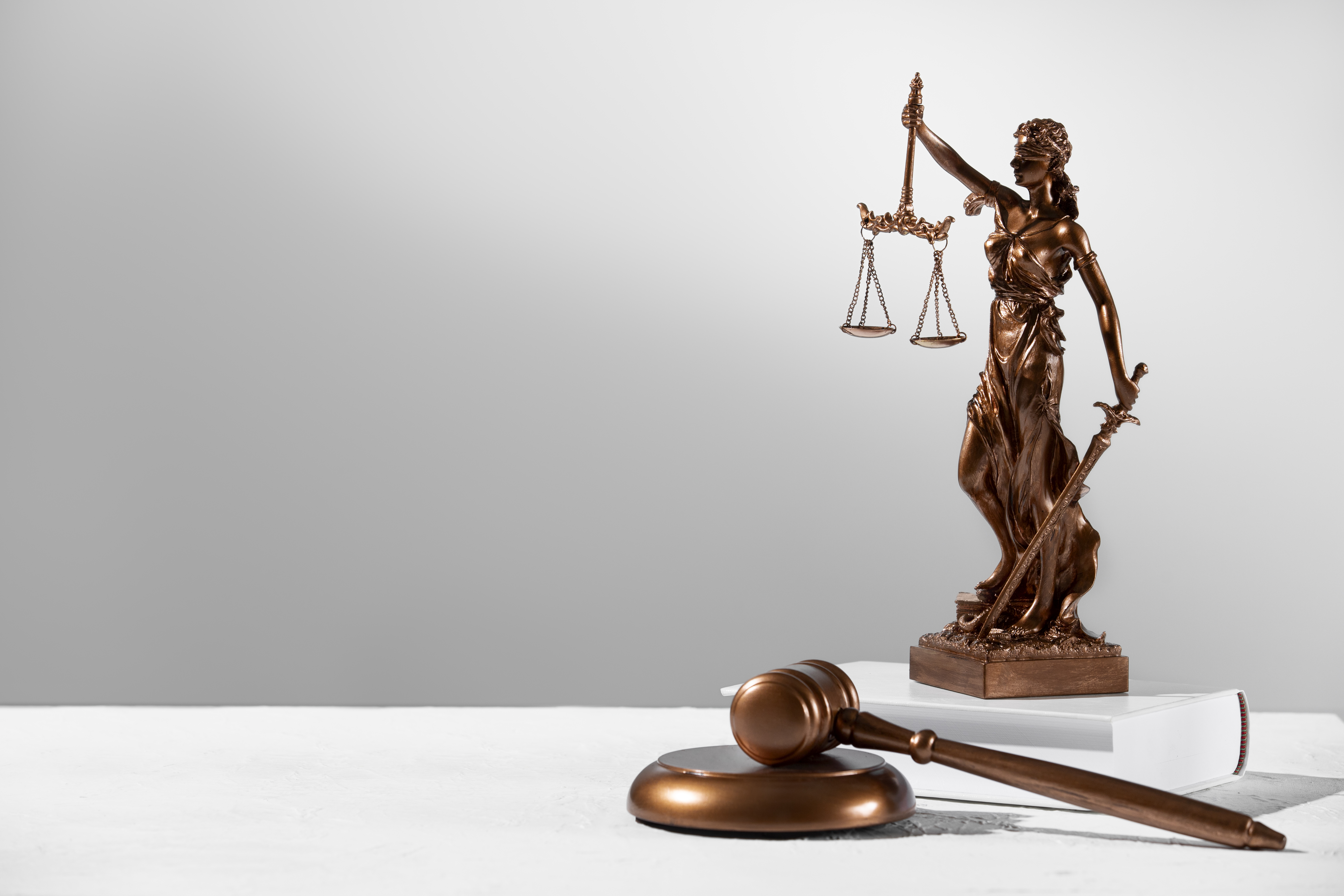This opinion piece navigates the balance between international stability and justice, examining state official immunity's impact on international law.
Abstract
Posed as a challenge to international law, this article aims to explore the balance between international stability and international justice in relation to the immunity of state officials from foreign jurisdiction, while considering the Statute of Rome and the United Nations International Law Commission. The main objective is to defend the need for an equilibrium assessment that contributes to a comprehensive convention on the matter. Similar to a case study, this article analyses the BRICS Summit and the South African government's decision on the arrest warrant issued against Russian President Vladimir Putin by the International Criminal Court.
Keywords: immunity, jurisdiction, state officials, principles, equilibrium assessment.
In international law, determining which principle should prevail over others is not always clear-cut. The immunity of state officials from a foreign criminal jurisdiction poses a threat to notions of justice, human rights enforcement, rule of law, and accountability for violations of international law (international criminal law, jus cogens norms, international humanitarian law).
The International Law Commission’s (ILC) work is undoubtedly a guide for scholars, jurists, national and international jurisdictions, and international organizations. However, as the ILC continues drafting a convention on the immunity of state officials, there should be a State practice tracking an attempt at an equilibrium between international stability (the prevailing of immunity) and international justice (universal jurisdiction).
The Rome Statute and the International Criminal Court (ICC)
In international criminal law, the document that created the International Criminal Court (ICC), states in article 27(2) that:
2. Immunities or special procedural rules which may attach to the official capacity of a person, whether under national or international law, shall not bar the Court from exercising its jurisdiction over such a person[1].
Therefore, even if the immunity of state officials was considered a State practice (customary immunity), State parties of the Rome Statute should act by Article 27(2) and proceed against any head of State, head of Government, and Minister for Foreign Affairs. Nevertheless, Article 98(1) states the following:
- The Court may not proceed with a request for surrender or assistance which would require the requested State to act inconsistently with its obligations under international law with respect to the State or diplomatic immunity of a person or property of a third State, unless the Court can first obtain the cooperation of that third State for the waiver of the immunity[2].
In this regard, assistance is mandatory when dealing with persons with third-party immunities. In fact, the ICC Chamber recognized that even if a person, for whom the Court requests arrest and surrender, possesses diplomatic or State immunities, such immunities do not inherently exempt the State Parties from their obligation to cooperate with the Court[3].
It is necessary for the ICC rule on the coexistence of Articles 27(2) and 98(1) concerning immunity of state officials, clarifying that State Parties to the Rome Statute are not exempt from cooperating when the immunity of a third-party official is involved.
The Work of the International Law Commission (ILC) of the UN
In 1950, the Principles of International Law Recognized in the Charter of the Nürnberg Tribunal and in the Judgment of the Tribunal was adopted by the Commission during its second session. The third principle states the following:
Principle III
The fact that a person who committed an act which constitutes a crime under international law acted as Head of State or responsible Government official does not relieve him from responsibility under international law[4].
This principle can differ from others, such as sovereignty and non-interference, however, exceptions should be established to prevent immunity from becoming impunity. Some exceptions should include violations of jus cogens norms (such as the prohibition of torture or genocide), despite the ILC draft project not explicitly including jus cogens norms.
During the ILC’s fifty-eighth session in 2006, the Commission decided to include the "Immunity of State officials from foreign criminal jurisdiction" in its long-term work program based on the Commission’s working group recommendation.
Subsequent sessions involved discussions based on reports by the Special Rapporteur and the UN Secretariat, covering issues related to the scope, types, and exceptions of immunity, as well as procedural aspects. While the Commission provisionally adopted several draft articles proposed by the Special Rapporteur, the General Assembly passed resolutions urging the ILC to prioritize this issue.
In the Commission’s seventy-third session in 2022 (guided by resolutions from the General Assembly) 18 draft articles were adopted on the first reading and sent to governments for comments and observations.
The case of BRICS Summit 2023
The awaited presence of the Russian President Vladimir Putin in the 15th BRICS summit in Johannesburg (South Africa) —a forum that is expected to gather heads of State or heads of government from Brazil, Russia, India, China, and South Africa through August 22nd and August 24th of 2023— represents the tension between international stability and international justice clearly.
As it was stated by the South African President, Cyril Ramaphosa, even if the International Criminal Court issues the Russian President, Vladimir Putin, an arrest warrant (similar to the arrest warrant issued against Sudan’s former President Al Bashir), due to the alleged war crimes during Russia’s invasion of Ukraine, and even if South Africa is signatory to the Rome Statute (that means that its authorities would be obligated to arrest Putin if he visits the African nation), any attempt to comply with the Rome Statute, could be translated into a declaration of war[5].
Furthermore, President Ramaphosa declared that executing the request of arrest against the Russian President, could be an action against the Constitution if the consequences involve a war between South Africa and Russia.
In this case, the South African government made an equilibrium assessment between its obligation to comply with the Rome Statute and its obligation to ensure international stability and national security. That does not mean that the Russian President could not be subject to an arrest by another country or that the same reasoning applies to all the State Parties. The concept of equilibrium assessment as a legal reasoning process should be analysed carefully given the context.
Final thoughts
International law requires the application of an equilibrium assessment to avoid assuming that a certain principle is absolute or that it should prevail in all cases. As the European Court of Human Rights stated on Jones v. United Kingdom, this area of international law is “in a state of flux”[6].
For this reason, until the ILC, jointly with the UN General Assembly, enact a draft, immunity of states officials relies on the effectiveness of three aspects:
- National Justice: National Governments removing their nationals their immunity when they violate international law.
- International Tribunals: Organisms such as the ICC prosecuting, through cooperation and assistance, perpetrators of international crimes that have immunity.
- Foreign Justice: The intervention of foreign criminal jurisdiction, when national and international justice fails or does not apply (for example, non-State Parties of the Rome Statute).
Regarding foreign justice, this articles considers feasible to contemplate —as in the case of the BRICS Summit— which principle prevails above another depending on the context: international stability or international justice, treaty law or national law, accountability of international law violations or sovereignty and noninterference principles.
Bibliography
Judgments
European Court of Human Rights, “Jones v. United Kingdom”, January 14, 2014, available at https://hudoc.echr.coe.int/fre#{%22itemid%22:[%22001-140005%22]}.
Press Articles
“Putin will not attend BRICS summit in South Africa, as ICC arrest warrant overshadows key talks”, July 20, 2023, in CNN, at https://edition.cnn.com/2023/07/19/world/putin-brics-summit-south-africa-intl/index.html
Other Documents
General Assembly, “Principles of International Law Recognized in the Charter of the Nürnberg Tribunal and in the Judgment of the Tribunal”, 1950, available at https://legal.un.org/ilc/texts/instruments/english/draft_articles/7_1_1950.pdf (date of reference: August 1, 2023).
Prosecutor v. Al-Bashir, Case No. ICC-02/05-01/09. International Criminal Court, The Hague, July 6, 2017 (Netherlands).
International Law Commission, “Seventy-fourth Session”, 2023, available at https://legal.un.org/ilc/sessions/74/bulletin.shtml (date of reference: August 1, 2023).
Treaties
Rome Statute. International Criminal Court, 27(2), 17 July 1998.
Rome Statute. International Criminal Court, 98(1), 17 July 1998.
Notas al pie de página
[1] Rome Statute. International Criminal Court, 27(2), 17 July 1998.
[2] Rome Statute. International Criminal Court, 98(1), 17 July 1998.
[3] Prosecutor v. Al-Bashir, Case No. ICC-02/05-01/09. International Criminal Court, The Hague, July 6, 2017 (Netherlands).
[4] General Assembly, “Principles of International Law Recognized in the Charter of the Nürnberg Tribunal and in the Judgment of the Tribunal”, 1950, available at https://legal.un.org/ilc/texts/instruments/english/draft_articles/7_1_1950.pdf (date of reference: August 1, 2023).
[5] “Putin will not attend BRICS summit in South Africa, as ICC arrest warrant overshadows key talks”, July 20, 2023, in CNN, at https://edition.cnn.com/2023/07/19/world/putin-brics-summit-south-africa-intl/index.html
[6] Jones v. United Kingdom. European Court of Human Rights. Available on: https://hudoc.echr.coe.int/fre#{%22itemid%22:[%22001-140005%22]}.

 En
En  Es
Es  Fr
Fr 

